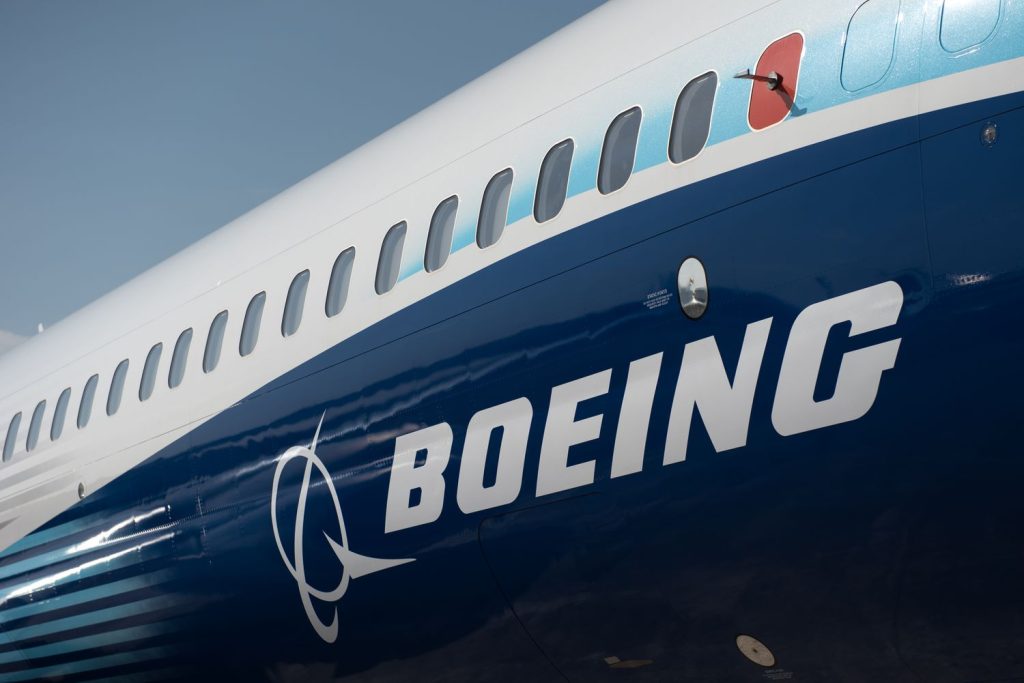In a significant development, Boeing’s stock experienced a surge following news of a tentative agreement reached with its striking workforce. This move comes just in time as the aerospace giant’s financial strain from the strike approached an estimated $10 billion.
The strike, which has captured industry and market attention for weeks, began over disputes concerning wages, working conditions, and contract terms. The standoff had caused significant disruptions to Boeing’s production lines, notably affecting the output of commercial aircraft which is a major revenue stream for the company. Analysts estimated that for every day the strike continued, Boeing was hemorrhaging millions in lost productivity and additional costs.
Investor confidence seemed to be restored somewhat by news of the agreement, reflected by a noticeable uptick in Boeing’s stock price immediately following the announcement. While full details of the agreement have not been disclosed publicly, preliminary reports suggest that compromises were made on key issues like pay scales and health benefits, which were sticking points in the negotiations.
The financial implications of the strike are substantial. Prior to reaching this tentative agreement, analysts had grown increasingly concerned about the long-term impacts on Boeing’s financial health and its competitive position in the global market. The near $10 billion cost associated with this strike includes direct losses from halted production lines and delayed deliveries of aircraft but also secondary effects such as contractual penalties and damage to customer relationships.
From an industry perspective, this strike highlighted ongoing tensions between labor forces and management in sectors where skilled labor is crucial and difficult to replace. It also underscored the potential vulnerability of major players in the aerospace sector to workforce disruptions.
Looking forward, Boeing’s management will be under scrutiny as stakeholders watch closely how effectively the company can implement this new agreement and ramp up production to recover from weeks of delays. Moreover, reconciling workforce relations will be critical not only for restoring full operational capacity but also for maintaining morale among employees crucial to Boeing’s long-term success.
Investors and market watchers will likely continue monitoring Boeing’s recovery trajectory closely after what has been a costly disruption not only financially but also in terms of brand reputation and industry standing. As part of a broader narrative around labor relations in America today, how this situation resolves could also set precedents for future corporate-labor negotiations across industries.



